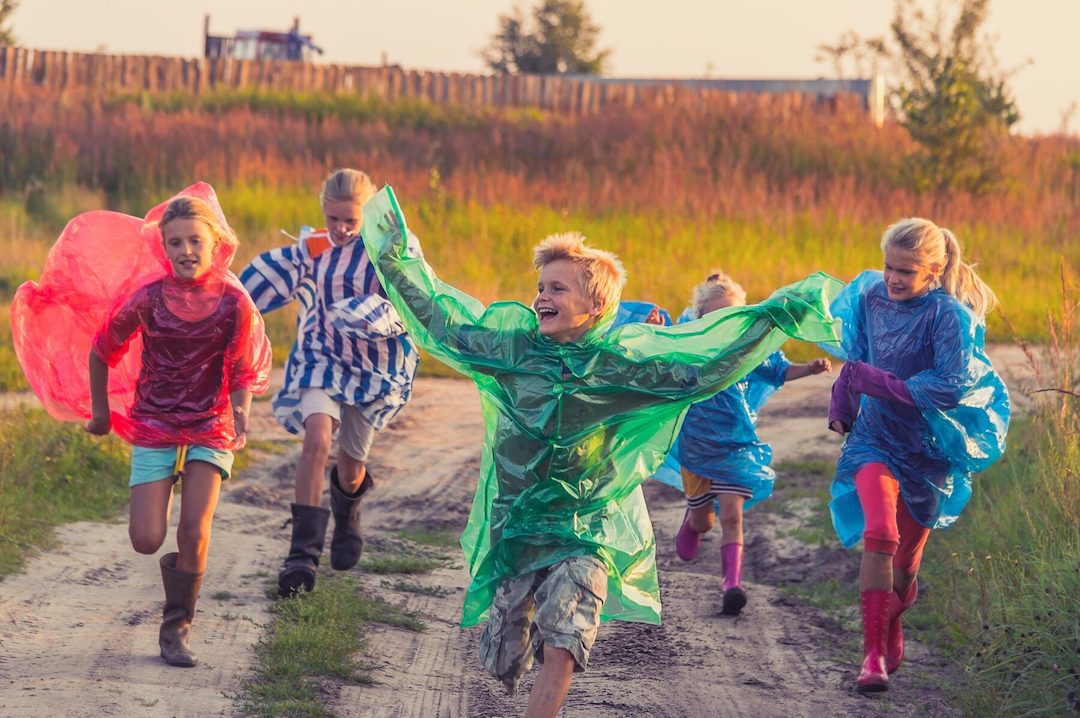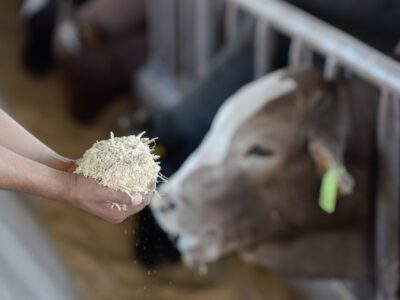When raising a child, parents and caregivers spend countless hours thinking about ways to ensure their little one has the best and most balanced childhood. While kids can be fun and full of energy, they can also be relentlessly stubborn, which makes instilling lifelong habits quite challenging. If you’re struggling with this, Every Kid Healthy™ Week is here to help.
Celebrated from April 24–29, this celebration is sponsored by the Action for Healthy Kids organization. The nonprofit believes that “every child deserves access to the three foundations of lifelong health in order to create a better future for all” because, at the end of the day, they “believe healthy children create a healthy world.” The foundations include healthy food access and nutritional knowledge, physical activity and play, and social-emotional learning.

Nutrition Powers Development
Nutritional knowledge and healthy food access are essential to address childhood obesity rates, which is one of the reasons why the organization was founded in 2002. Ensuring that children eat well-balanced meals throughout their lives is crucial for helping their bodies and brains develop.
The Centers for Disease Control and Prevention (CDC) reports that kids consume about half of their daily calories at school, shedding light on the need for caregivers to pack nutritional meals or for schools to provide them. Children also must understand the importance of nutrition and how to make smarter food choices.

Fitness Strengthens Body And Mind
When it comes to physical activity, it’s recommended that kids participate for 60 minutes daily, but only 25% of them actually do so. “Regular physical activity helps children improve their cardiorespiratory fitness, build strong bones and muscles, control weight, reduce symptoms of anxiety and depression, and reduce the risk of developing health conditions,” the CDC states.
Physical fitness is not only necessary for strengthening our bodies, but the World Humanitarian Movement also shows how maintaining physical activity contributes toward better cognitive development, emotional well-being, and social development.

Providing An Emotional Roadmap
The last foundation, social-emotional learning, is perhaps one of the most underrated but important aspects of childhood health. “Social and emotional learning can help children and adolescents develop the skills they need to recognize and manage emotions, set and achieve positive goals, appreciate the perspectives of others, establish and maintain positive relationships, and make responsible decisions,” the CDC says.
When cultivating this aspect of development, children benefit from a support system to learn from and mirror healthy behaviors.
When schools and parents are more invested in a child’s emotional well-being, they have increased wellness and coping mechanisms and reduced levels of anxiety and depression.

Based on these foundations, Action for Healthy Kids plans the weeklong event to inspire discussions and actions surrounding flourishing childhoods. For 2023, the nonprofit posted the schedule as Mindfulness Monday, Tasty Tuesday, Wellness Wednesday, Thoughtful Thursday, and Family Friday.
Looking at these priorities and focuses for the week, the organization shows that a holistic approach to health, rather than a single focus on nutrition, physical activity, or mental well-being, is the most crucial factor in creating well-rounded children.





